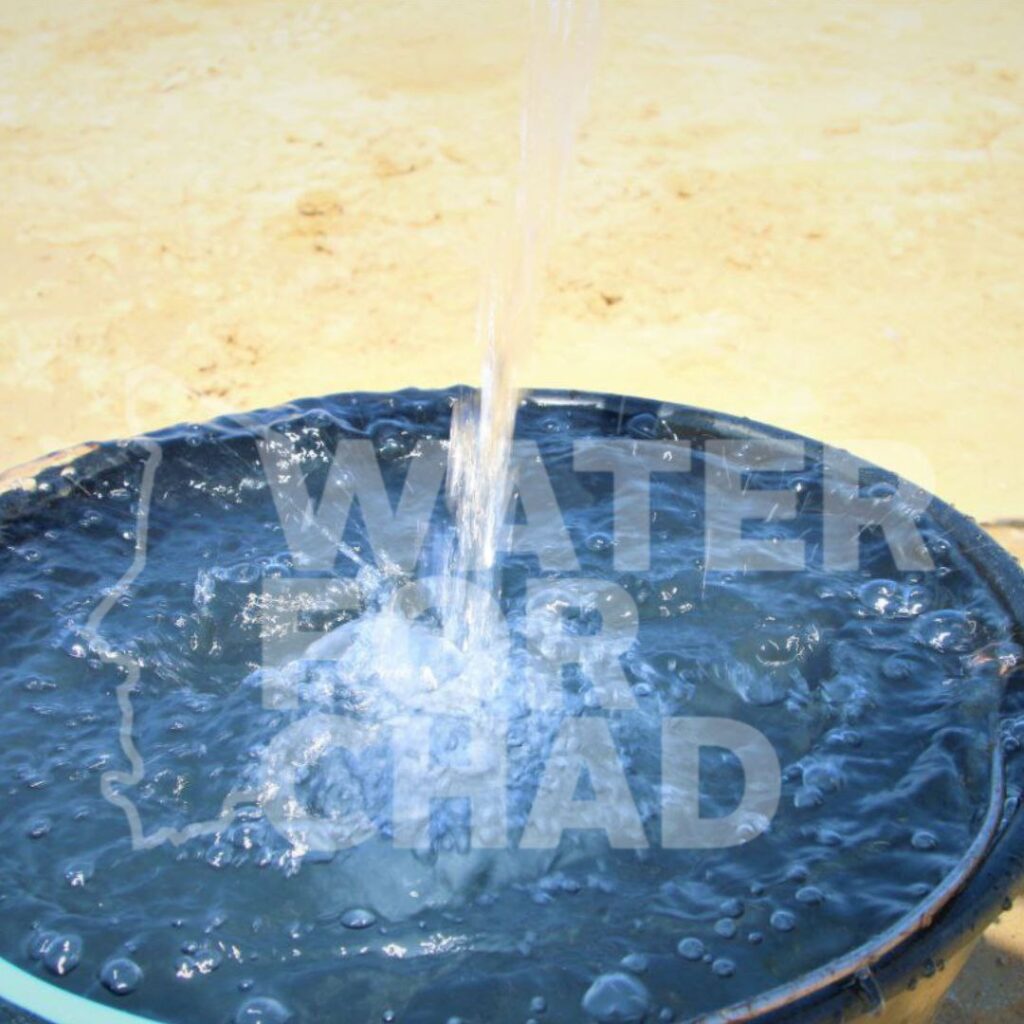The statement “water is life” is not just a catchy slogan, but a scientific truth backed by undeniable evidence. Water is ubiquitous and essential at every level of existence, playing a crucial role in sustaining life on Earth.
Let’s delve deeper into this remarkable molecule and explore the multifaceted reasons why it’s vital:
1. Water: The Building Block of Life
- Ever-Present Hydration: Our bodies are water havens, composed of about 65% of this precious liquid. This water ensures vital functions like temperature regulation, nutrient transport, and waste elimination.
- Key Cellular Component: Water is the intracellular medium where biochemical reactions occur, keeping our cells alive. It allows for gas exchange, protein synthesis, and energy production.
- Cradle of Life: Scientists agree that the first forms of life emerged in the oceans billions of years ago. Water provided the ideal environment for the formation and development of the first cells, offering the necessary conditions for life’s spark to ignite.
2. Water: The Engine of Ecosystems
- Supporter of Biodiversity: Rivers, lakes, oceans, and wetlands teem with vibrant life. Flora and fauna, from tiny microorganisms to giant whales, depend on water for survival.
- Water Cycle: Water is in perpetual motion, circulating between the atmosphere, oceans, landmasses, and living organisms. This cycle ensures the distribution of freshwater vital for life and contributes to climate regulation.
- Ecosystem Services: Water plays a crucial role in air purification, climate regulation, flood prevention, and primary production. It’s also essential for agriculture, fisheries, and other human activities.
3. Water: A Resource Under Threat
- Growing Scarcity: Many regions worldwide face freshwater scarcity, a problem worsening due to population growth, urbanization, and climate change.
- Pollution: Human activities pollute water sources with chemicals, sewage, and agricultural waste, jeopardizing water quality and threatening the health of ecosystems.
- Climate Change: Climate change disrupts the water cycle, leading to more frequent and intense droughts, floods, and rising sea levels, threatening freshwater access and food security.
4. Preserving Water: A Critical Challenge
- Sustainable Management: Adopting sustainable water management practices is imperative. This includes reducing consumption, combating pollution, and protecting water sources.
- Awareness and Education: Raising public awareness about the importance of water and the need to conserve it is essential. Educating future generations on water management is crucial.
- International Cooperation: International cooperation is necessary to address global water challenges like scarcity and pollution. Equitable resource sharing and technology transfer are vital for a sustainable future.
In conclusion, water is much more than just a molecule. It’s the source of life, the engine of ecosystems, and a vital resource for humanity. Faced with the growing threats to this precious resource, it’s our duty to preserve it and manage it sustainably for present and future generations.


